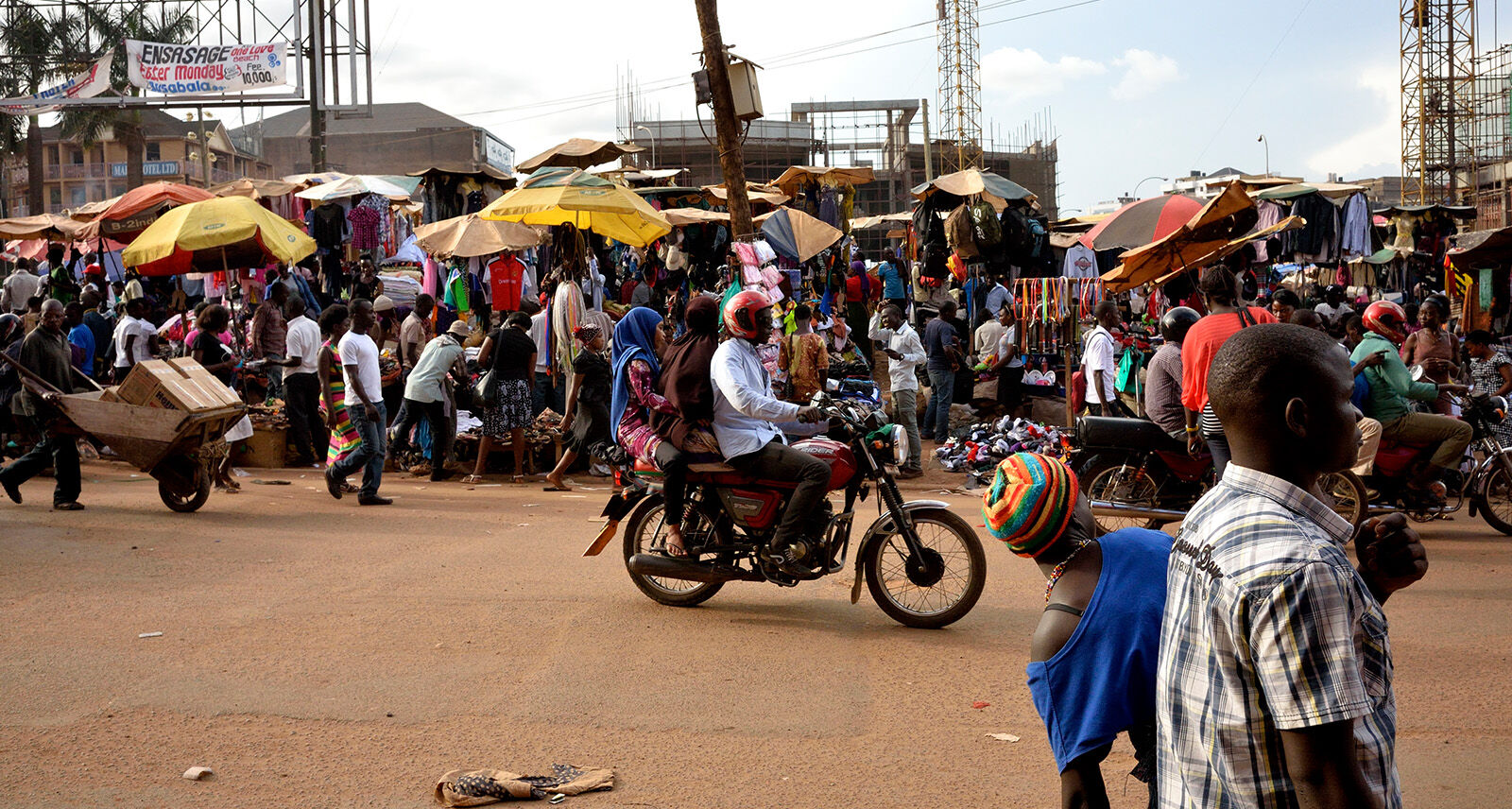

Polder version Uganda in final preparation
During 2 days, the Ugandan employers’ federation FUE and trade union NOTU explored the latest version of a text with joint ideas to launch a better bipartite social dialogue.
Bipartite social dialogue is almost non-existent in Uganda, as in many African countries. Social dialogue at national level is mainly tripartite and the governments are in the driving seat. At sector level (e.g. the flower sector) and at company level, there are some collective bargaining agreements, but again very limited.
The Ugandan trade union and the employers’ federation now want to introduce a direct bipartite social dialogue at national level, as an addition to the existing tripartite dialogue. It will allow them to have a joint coordinated input in the tripartite dialogue, which will increase their influence in the decision making process.
Some important steps were already taken before this initiative, but the importance of this new attempted formal agreement for bipartite dialogue stems from its broad character (many themes are on the agenda, ranging from skills, to minimum wages, to creating a social pact for better industrial relations), the mutual willingness to move jointly forward, and the formalization via a central agreement to act pro-actively and comprehensively as social partners.
The meeting was jointly sponsored by Mondiaal DECP and the Dutch trade union FNV, and conducted in the presence of some Dutch representatives, who acted as advisors for their respective counterparts.
It is expected that the final version – a sort of framework agreement for bipartite social dialogue- will be signed before the end of the year.
The real work will then start: define a precise agenda for these bipartite talks and the conclusion of joint agreements on important and topical issues such as skills, alternative dispute resolution, proposals to boost employment and also to ease the business environment.
The Dutch experiences with bipartite social dialogue proved in any case a source of inspiration for our Uganda counterparts to start exploring a polder model à la Uganda. We wish them success and wisdom.